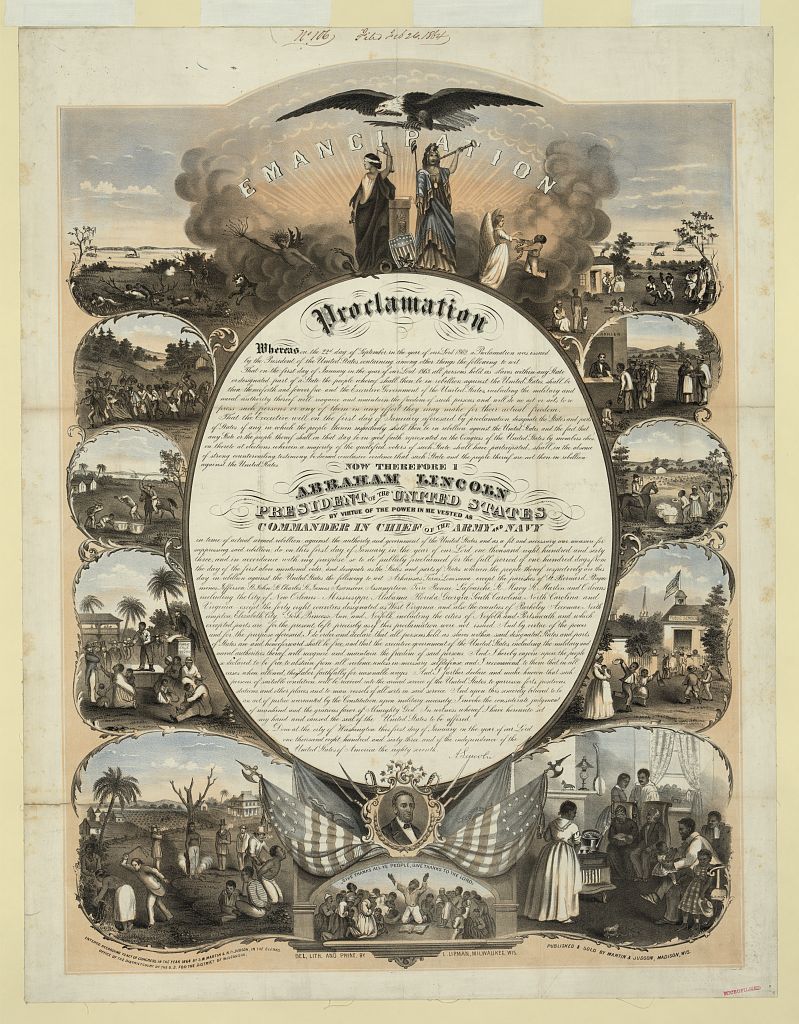From Volume 77, Number 1 (November 2003)
DOWNLOAD PDF
For nearly two centuries, legal historians have believed that the medieval English jury differed fundamentally from the modern jury. Its members hailed from the immediate vicinity of the dispute and came to trial already informed about the facts. Jurors based their verdicts on information they actively gathered in anticipation of trial or which they learned by living in small, tight-knit communities where rumor, gossip, and local courts kept everyone informed about their neighbors’ affairs. Interested parties might also approach jurors out of court to relate their side of the case. Witness testimony in court was thus unnecessary. The jurors themselves were considered the witnesses – not necessarily eyewitnesses, but witnesses in the sense that they reported facts to the judges. They were self-informing; they “came to court more to speak than to listen.”
The idea of the self-informing jury has provided a powerful explanation for many legal developments. James Bradley Thayer and John Henry Wigmore used it to explain the late development of rules regulating oral evidence at trial. No such rules were necessary in the Middle Ages because witness testimony was rare. For John Langbein, the decline of the self-informing jury in the fifteenth and sixteenth centuries explained the increasing role of justices of the peace in the prosecution of crime. In medieval times, there was no need for the government to marshal evidence against suspected criminals because the jury knew or collected that information on its own. As early modern jurors became more ignorant of the facts, the government turned to justices of the peace to assemble the prosecution case. More recently, Thomas Andrew Green explained the medieval jury’s extensive discretion and power to nullify the law as a consequence of its self-informing character. Because little evidence was presented in court, judges knew almost nothing about the facts of cases and so could not prevent jurors from deciding cases according to their own notions of culpability.
77_123

